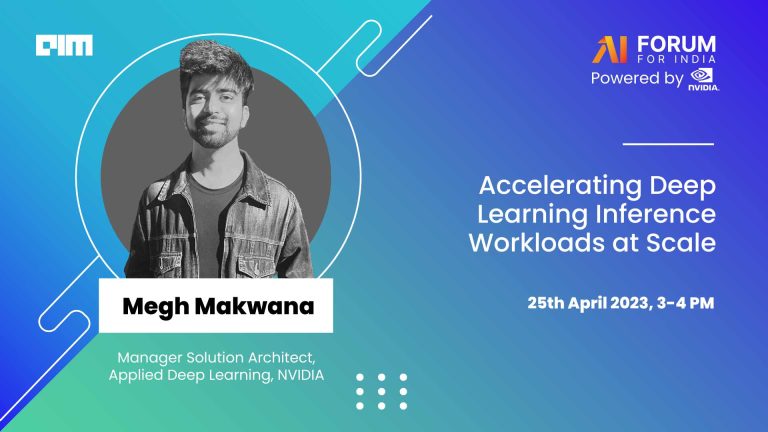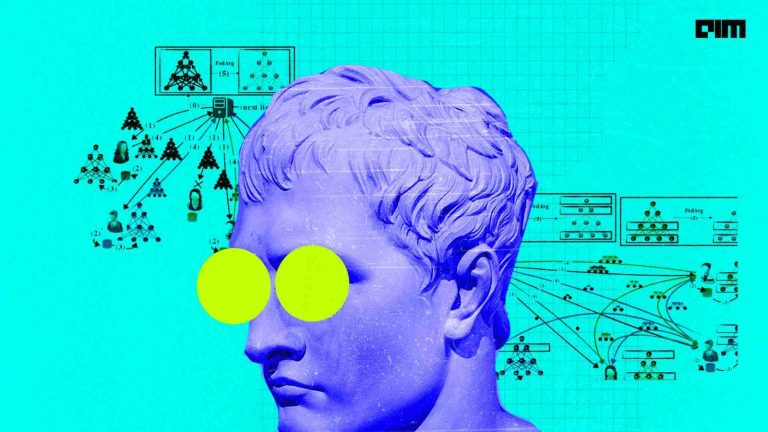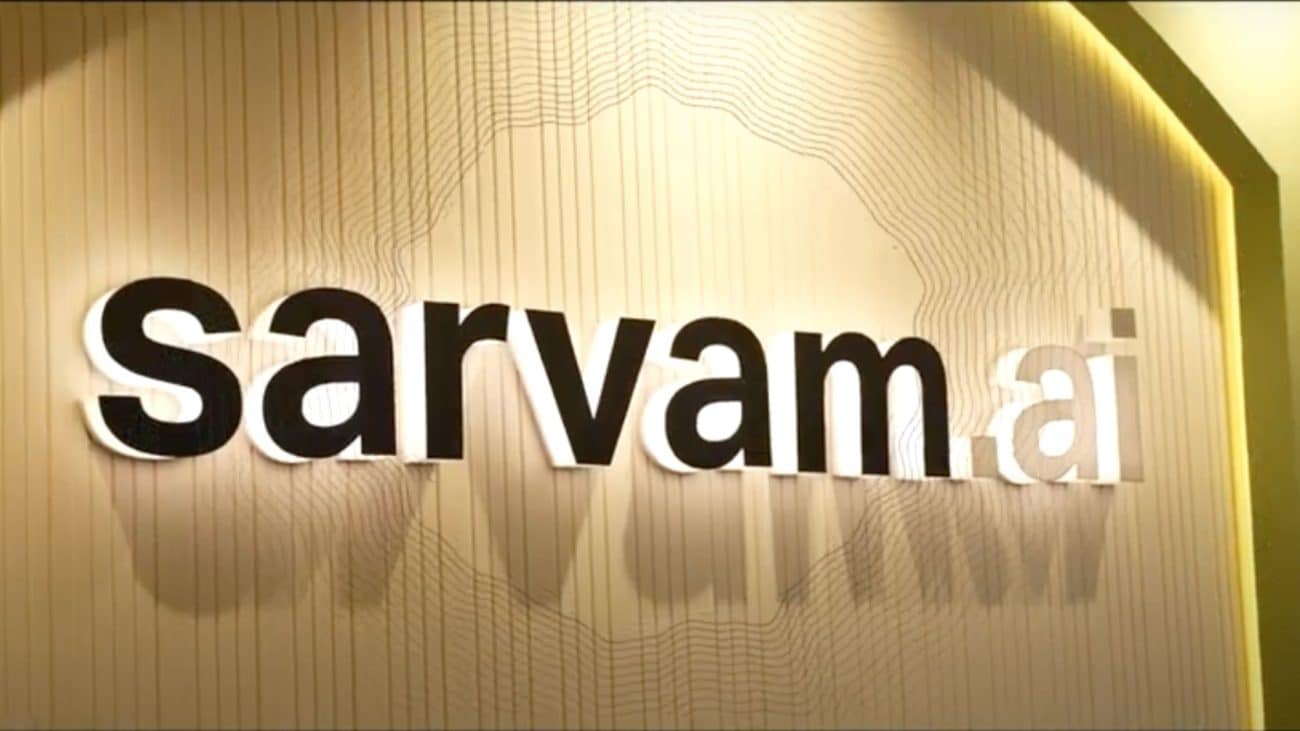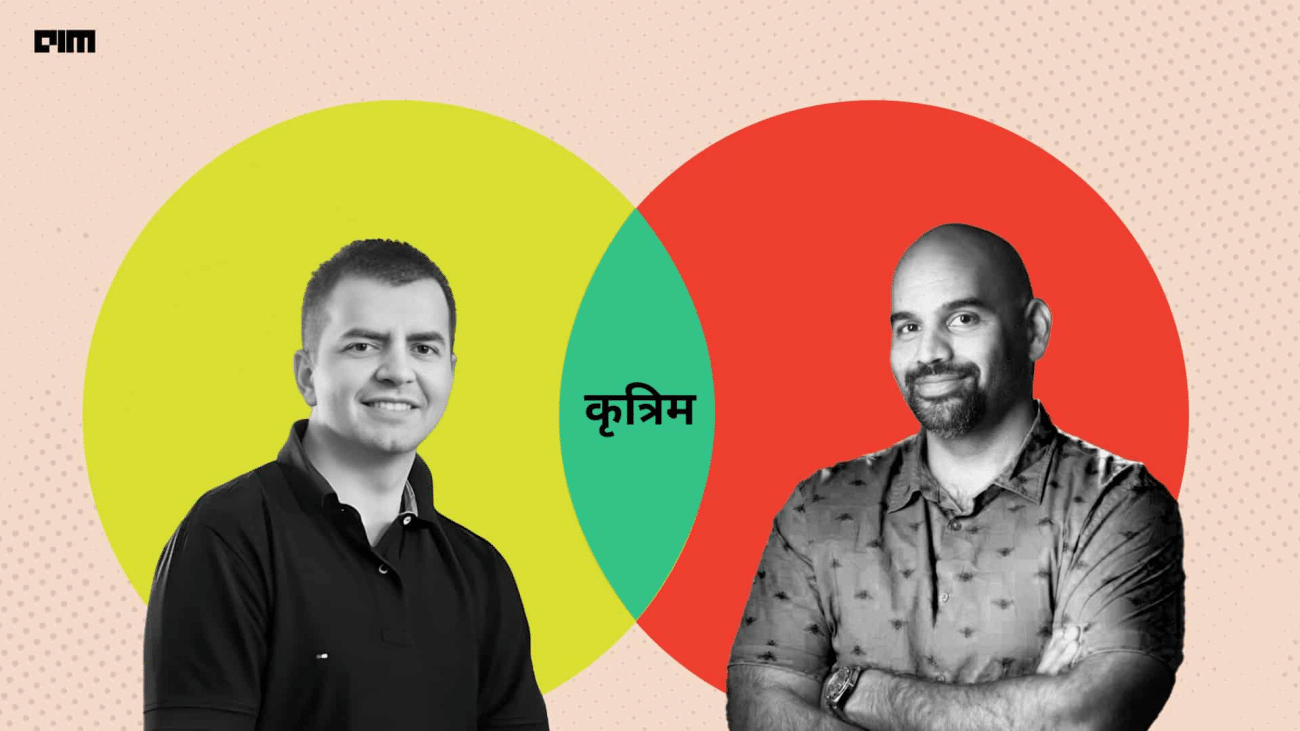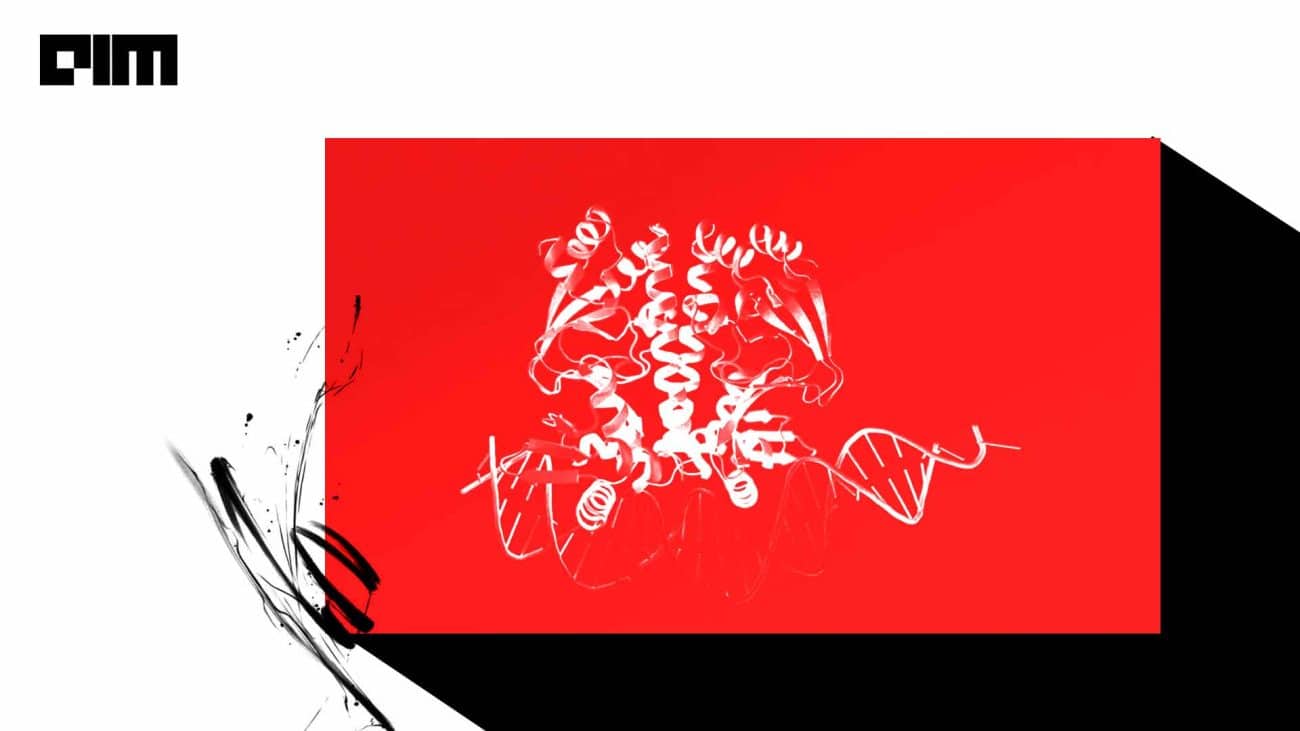Yann LeCun’s deep learning course — Deep Learning DS-GA 1008 — at NYU Centre for Data Science has been made free and accessible online for all. The course will be led by Yann LeCun himself, along with Alfredo Canziani, an assistant professor of computer science at NYU, in Spring 2020.
This deep learning course will focus on the latest techniques in deep learning and representation learning. It will also focus on an in-depth understanding of supervised and unsupervised deep learning, embedding methods, metric learning, and convolutional and recurrent nets. The course will further talk about the applications to computer vision, natural language understanding, and speech recognition. The course, however, comes with a prerequisite of completing the introductory course of deep learning — DS-GA 1001 Intro to Data Science or a graduate-level machine learning course.
According to the official blog of NYU Centre for Data Science, the course will be covered through a series of video lectures, detailed written documents, executable Jupyter Notebooks with PyTorch implementations. The 14-week course will start with simple topics like the motivation of deep learning with its history and inspiration, evolution and uses of CNNs, introduction to gradient descent to more complex subjects like linear algebra and convolutions, optimisation techniques, contrastive methods in energy-based models, model predictive policy learning, etc. Along with all these, the course will also explore aspects like computer vision for self-supervision learning, deep learning for NLP, attention and transformers, as well as inference for latent-variable EBMs.
Although the course has been primarily written in English, NYU CDS additionally presents multiple translations in languages like Arabic, Japanese, Korean, Chinese, French, Italian, Spanish, Turkish, Persian, Russian, etc. with a plan to add for diverse languages like Portuguese, Bengali, and Vietnamese. The translation to such languages will be done manually by 470+ volunteers from 17 time zones around the world.
Leading the course, Yann LeCun, is primarily a computer scientist working in the fields of ML, computer vision, mobile robotics, and computational neuroscience. He is the VP and chief AI scientist, at Facebook, and also teaches computer science, neural science, along data science at NYU. Assisting him will be Alfredo Canziani, a research assistant professor of the CS department and a deep learning research scientist at NYU. His interest mainly lies in machine learning for autonomous driving.
Check out the full course description here.





